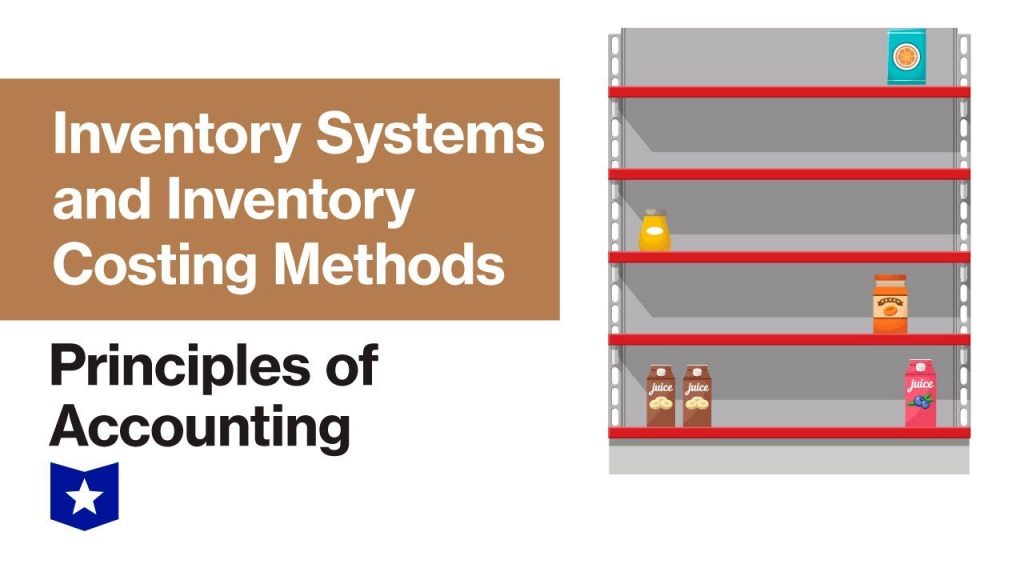How To Make A Business Partnership Work

Establishing clear roles and responsibilities can aid in avoiding conflicts within a business partnership.
A strong and successful partnership is built on the foundation of trust, open communication, and mutual understanding. However, even the most compatible business partners may face disagreements and disputes at some point in their business journey. These conflicts can potentially jeopardize the future of the partnership and even lead to its dissolution.
One of the key factors that can help prevent conflicts in a business partnership is clearly defining roles and responsibilities. In this article, we will explore how defining roles and responsibilities can contribute to a healthy and long-lasting business partnership.
1. Avoids Miscommunication and Confusion:
When roles and responsibilities are clearly defined, each partner knows exactly what is expected of them. This eliminates any room for misinterpretation or confusion, as everyone knows their specific tasks and responsibilities. This clarity prevents partners from stepping on each other’s toes and creating unnecessary conflicts.
Moreover, clear roles and responsibilities also promote accountability. Each partner knows they are responsible for a particular aspect of the business, and this encourages them to fulfill their duties efficiently and effectively.
2. Splits Workload Fairly:
One of the common causes of disputes in a partnership is an uneven distribution of workload. Without clearly defined roles and responsibilities, partners may end up doing similar tasks, leading to feelings of resentment and frustration. This can significantly damage the partnership and hinder the progress of the business.
By defining roles and responsibilities, partners can evenly divide the workload based on their strengths and interests, ensuring a more efficient and harmonious working relationship.
3. Encourages Specialization:
In a partnership, partners often bring different skill sets and expertise to the table. Defining roles and responsibilities allows each partner to focus on their strengths and specialize in their designated areas. This not only maximizes the efficiency of the business but also prevents conflicts arising from stepping into each other’s territories.
Additionally, when partners are given the freedom to specialize, it boosts their confidence and motivation, as they feel valued for their unique contributions to the partnership.
4. Provides a Strong Foundation:
When setting up a business partnership, it is crucial to clearly define roles and responsibilities from the beginning. This lays a strong foundation for the partnership, with everyone aware of their roles and responsibilities from the start. As the business grows and evolves, these defined roles and responsibilities can be adjusted accordingly, preventing any conflicts that may arise later on.
5. Aids Decision-Making:
Partnerships require a lot of decision-making, and without clear roles and responsibilities, this process can become chaotic and lead to conflicts. When each partner knows their designated area of decision-making, it streamlines the process and reduces the chances of disagreements and disputes.
Conclusion:
In conclusion, defining roles and responsibilities is essential for the success of a business partnership. It promotes effective communication, fair workload distribution, specialization, and accountability, all of which are crucial for maintaining a healthy and harmonious partnership. By setting clear expectations from the beginning, partners can prevent unnecessary conflicts and focus on growing their business together.









How To Avoid Key Online Business Mistakes.
Fake Money Is Making You Poorer! Why Savers are LOSERS – Robert Kiyosaki [ Millennial Money ]
Conor Mcgregor | 5 Minutes For The NEXT 50 Years of Your LIFE
Social Media Lifestyle Content
Inventory Systems and Inventory Costing Methods | Principles of Accounting